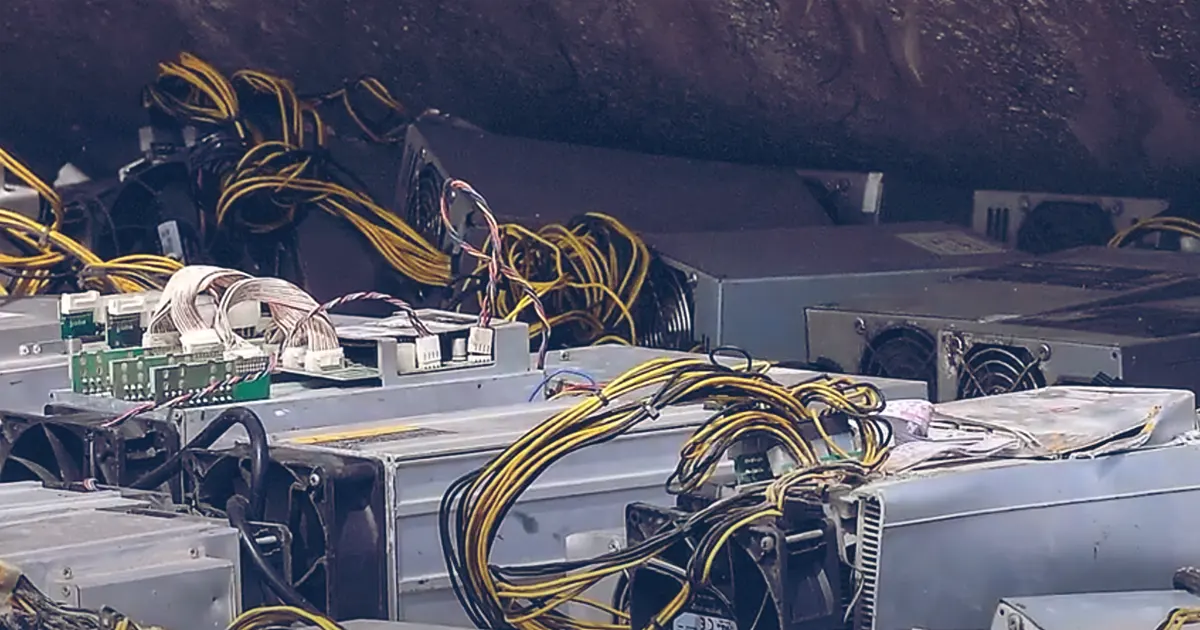9-6-2025 – Malaysia’s burgeoning potential as a hub for cryptocurrency mining is being stifled by unchecked electricity pilfering, murky regulations, and policy inconsistencies, warns a compelling new report from the Access Blockchain Association of Malaysia. Despite the nation’s enviable advantages—robust internet infrastructure, plentiful hydropower, and a thriving tech ecosystem—the path to unlocking a lucrative crypto mining industry remains fraught with challenges.
The scourge of illegal mining has cast a long shadow over Malaysia’s ambitions. Between 2020 and September 2024, Tenaga Nasional Berhad (TNB), the country’s multinational electricity provider, reported a staggering loss of 441.6 million Malaysian ringgit ($104.2 million) due to power theft, primarily linked to illicit Bitcoin mining operations. This figure compounds earlier losses, with TNB haemorrhaging 2.3 billion ringgit from 2018 to 2021. The report argues that legitimising these clandestine activities could redirect pilfered energy into lawful revenue streams, bolstering TNB’s coffers and generating taxable income for the government.

Far from being a barren landscape, Malaysia already hosts a number of legitimate crypto mining enterprises, though they operate discreetly to evade cyber threats, physical theft, and unpredictable regulatory changes. The report spotlights companies like Hatten Land, which is forging ahead with ambitious plans for above-board mining infrastructure in Melaka, collaborating with firms such as Hydra X and Frontier Digital Asset Management to deploy thousands of mining rigs. Such initiatives underscore Malaysia’s latent capacity to carve out a slice of the $3 billion global crypto mining market.
Yet, the absence of a tailored regulatory framework casts a pall over these prospects. While the Securities Commission oversees cryptocurrency exchanges, it lacks specific guidelines for mining activities. Malaysia’s global standing is notable—ranking seventh or eighth in Bitcoin mining hashrate, contributing 2.5% to 3% of the worldwide total—but this position is precarious without decisive action. The report advocates for bold reforms: a dedicated mining licence, green tariff schemes to incentivise sustainable practices, robust measures to curb electricity theft, and the development of Shariah-compliant mining models to align with Malaysia’s expertise in Islamic finance.


